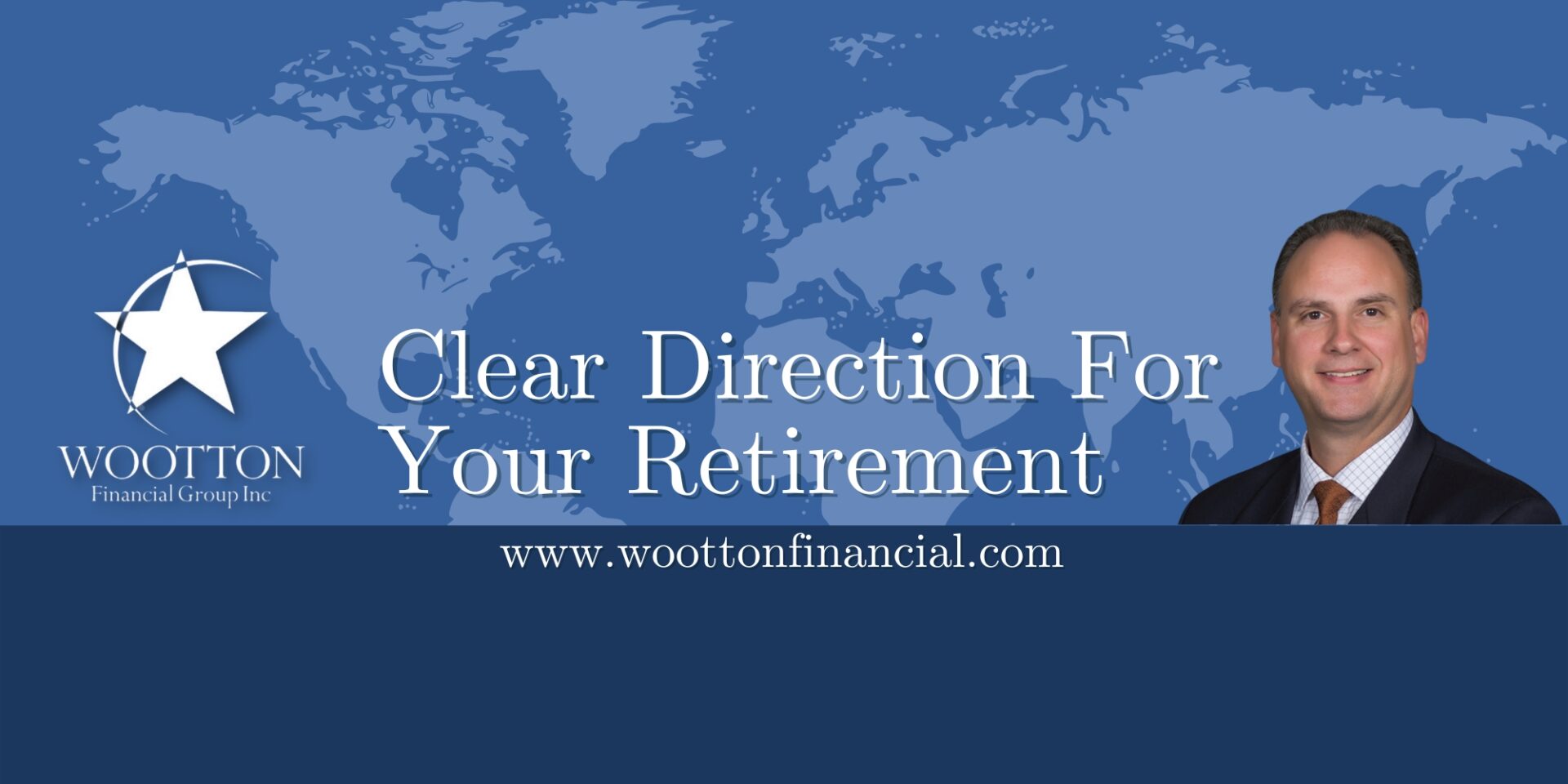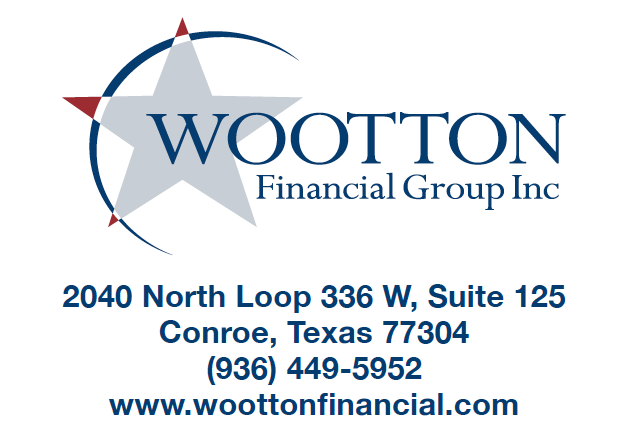U.S. Economic Risks, Are You Prepared?
I don’t think you need to be a Nobel Prize winning economist to figure out that our country has some serious problems laid before it. Weak leader-ship on many fronts, “Entitlement” shortfalls, record levels of debt (due to government spending), flight from the dollar globally, inflation, Fed uncertainty, banking sector fears, do I need to go on?
The question investors should ask them-selves is “what should I be doing to mitigate these risks to the degree I can”? Nothing in life is fully guaranteed and without risk, even if they (the financial world) tell you so. With risk, we live in a world of degrees of risk and consequence, not the absence of it. The game therefore is properly managing it, not complete avoidance which is impossible. So, let’s briefly explore some of what’s going on today in the U.S. economy and what you need to do about it.
For well over a decade, asset prices have been manipulated by Federal Reserve interference in the free market economy. They do this by their decision making on what both short and long-term interest rate levels will be and how much money they print as needed by the U.S. Treasury. When lower rates ruled, it resulted in an attitude among investors of risk-be-darned as they rushed head long into riskier investment behavior for the fear of missing out (FOMO).
However, in the economy, risk doesn’t disappear, it simply gets transferred. For example, even buyers of safer, long-term government bonds yielding almost nothing over recent years are now sitting on massive losses due to rising interest rates. This, among other factors such as poor risk management at the corporate level, is one of the primary causes of the current banking sector concerns your being inundated with in the daily headlines.
The 2008 Financial Crisis and the prob-lems created by banking greed are still fresh in many of our minds. Banks today are much better off in terms of higher reserves and more conservative under-writing standards on loans; however, as has been shown, no amount of legislation and control by government can eliminate all risk (think SVB, Signature Bank, etc.).
Inflation plays in lock step with the bank-ing subject matter, massive spending programs by Uncle Sam have created a whirlwind of difficulty for the Fed. The more they raise rates to stem inflation, the more consumers will want to pull deposits from banks paying almost nothing and shift that cash to higher interest returns elsewhere. That forces banks to borrow at 4% (instead of 0%) but only be paid 2.5-3% for all the low-rate mortgage loans they’ve issued and are forced to hold to maturity (IE losses on their balance sheets). The result will likely be a much more costly (higher finance costs on items such car loans) and tighter or difficult credit markets (the ability for individuals and small businesses to get the loans) which in turn could have a drastic effect on the broader economy of which those parties are the primary drivers. Interestingly, should the Fed reverse course for fear of over-doing rate increases and further hurting bank balance sheets, this could create a stag-flationary environment (a recession with high inflation like the 1970’s) which could be even worse economically and more difficult to come out of.
Additionally, due to our Nations financial mismanagement, friends and enemies around the world have begun to lose faith in the strength of our dollar as the world’s reserve currency. Add to that the upcoming debt ceiling fight (currently $31 trillion) and the implications if the world believes we might default on our obligations, and this creates some serious headwinds to come. This is on top of the fallout from the Fed rate increases and the effects of inflation on corporate earnings, none of which has fully hit the economy yet. I believe, depending on how the Fed plays this, we have much more storm to ride out. Having mentioned all this and for lack of space for additional commentary, the goal here is not to stoke fear so much as to give you some perspective and quick action items to ponder. So, here are some things to consider so you’re not caught unprepared:
1. Manage your finances or your finances will manage you. You are responsible for you and no one else. Don’t hope, plan!
2. Identify your current areas of financial risk exposure and understand how you are or are not managing those risks. The days of set it and forget it financial management are long gone.
3. If you lack confidence, competence or expertise in the first two points, drop your pride and get fiduciary help. Now is not the time to let your ego drive the wagon. There’s simply too much at stake.
I hope this is helpful to your retirement journey. Call us, come see us or visit us online at www.woottonfinancial.com, we’d love the opportunity to help address your questions and concerns and provide you with Clear Direction for Your Retirement®.



 Investment Advisory services offered through Game Plan Advisors, Inc., a registered investment advisor. Insurance services offered through Wootton Financial Group, Inc. Game Plan Advisors, Inc. and Wootton Financial Group, Inc. are affiliated through common ownership. Neither Game Plan Advisors, Inc nor Wootton Financial Group, Inc. offer legal or tax advice. Please consult the appro-priate professional regarding your individual circumstance. Not associated with or endorsed by the Social Security Administration or any other government agency.
Investment Advisory services offered through Game Plan Advisors, Inc., a registered investment advisor. Insurance services offered through Wootton Financial Group, Inc. Game Plan Advisors, Inc. and Wootton Financial Group, Inc. are affiliated through common ownership. Neither Game Plan Advisors, Inc nor Wootton Financial Group, Inc. offer legal or tax advice. Please consult the appro-priate professional regarding your individual circumstance. Not associated with or endorsed by the Social Security Administration or any other government agency.